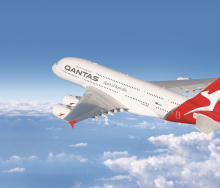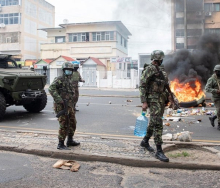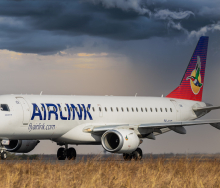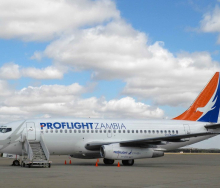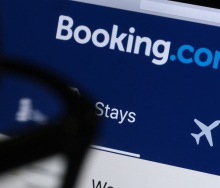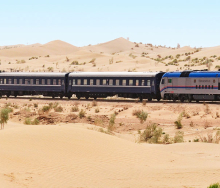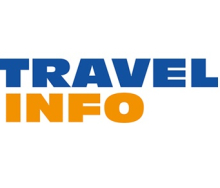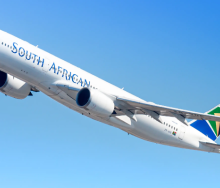Hilka Birns reports back from SAA’s meeting with the Parliamentary Portfolio Committee on Public Enterprises.
South African Airways is considering proposals for the alternative financing of its order of 20 Airbus A320s, due to be delivered between June 2013 and 2017.
An initial order for the A320s was concluded with Airbus in 2002 as part of a total fleet renewal programme. To accommodate changes to SAA’s requirements, including the quantity of A320 Family aircraft, delivery schedules and terms, SAA and Airbus renegotiated the agreement, which was completed in 2010.
SAA group treasurer and head of corporate finance, Phetolo Ramosebudi, told the Parliamentary Portfolio Committee on Public Enterprises in Cape Town on August 28 that the airline had already made pre-delivery payments to Airbus, but had found the financial obligations of the transaction to be “onerous”.
He said various alternative financing options were being considered aimed at transferring the acquisition payments to a financier and to re-finance the pre-delivery payments already made by SAA.
“SAA has engaged with three European export credit agencies that provide credit services on aircraft purchases and has consulted both local and international potential counter parties. We’ve issued a Request for Proposals on alternative financing possibilities and responses from a broad range of potential bidders are currently being considered. We’re also engaging Airbus on potential alternative financing options. We want to close this process by the end of the current financial year,” Phetolo said.
SAA ceo, Siza Mzimela, side-stepped questions from Portfolio Committee members who wanted to know how much has been paid to date, what the financial implications were of the re-negotiated contract and if SAA would require another government payout to pay for the aircraft.
The airline’s hedging policy also came under the spotlight.
SAA group treasurer and head of corporate finance, Phetolo Ramosebudi, told members that SAA hedged up to 60% of its fuel up to 12 months ahead, as well as 75% of its future foreign exchange exposure. He said SAA’s hedging policy was conservative and in line with that of all major airlines, such as Lufthansa, Delta, Cathay Pacific and Malaysia Airlines.
SAA’s hedging policy, said Phetolo, was reviewed annually and all stakeholders were consulted. It was monitored by an internal financial and risk sub-committee that reported to the airline’s executive committee, its audit committee and its board. Limits were monitored daily and reviewed quarterly, he added.
However, the parliamentarians appeared unimpressed. Their concern is understandable. In 2003, the government had to bail out SAA to the tune of R10bn when a previously free-falling rand stabilised, leaving SAA’s hedges out of money. Then, when the oil price fell to US$38 a barrel in 2008, SAA again incurred R1bn losses from hedging.
For more on this story refer to TNW dated September 12
TNW pick of the week: Report - SAA finances
10 Sep 2012 - by Hilka Birns
Comments | 0

